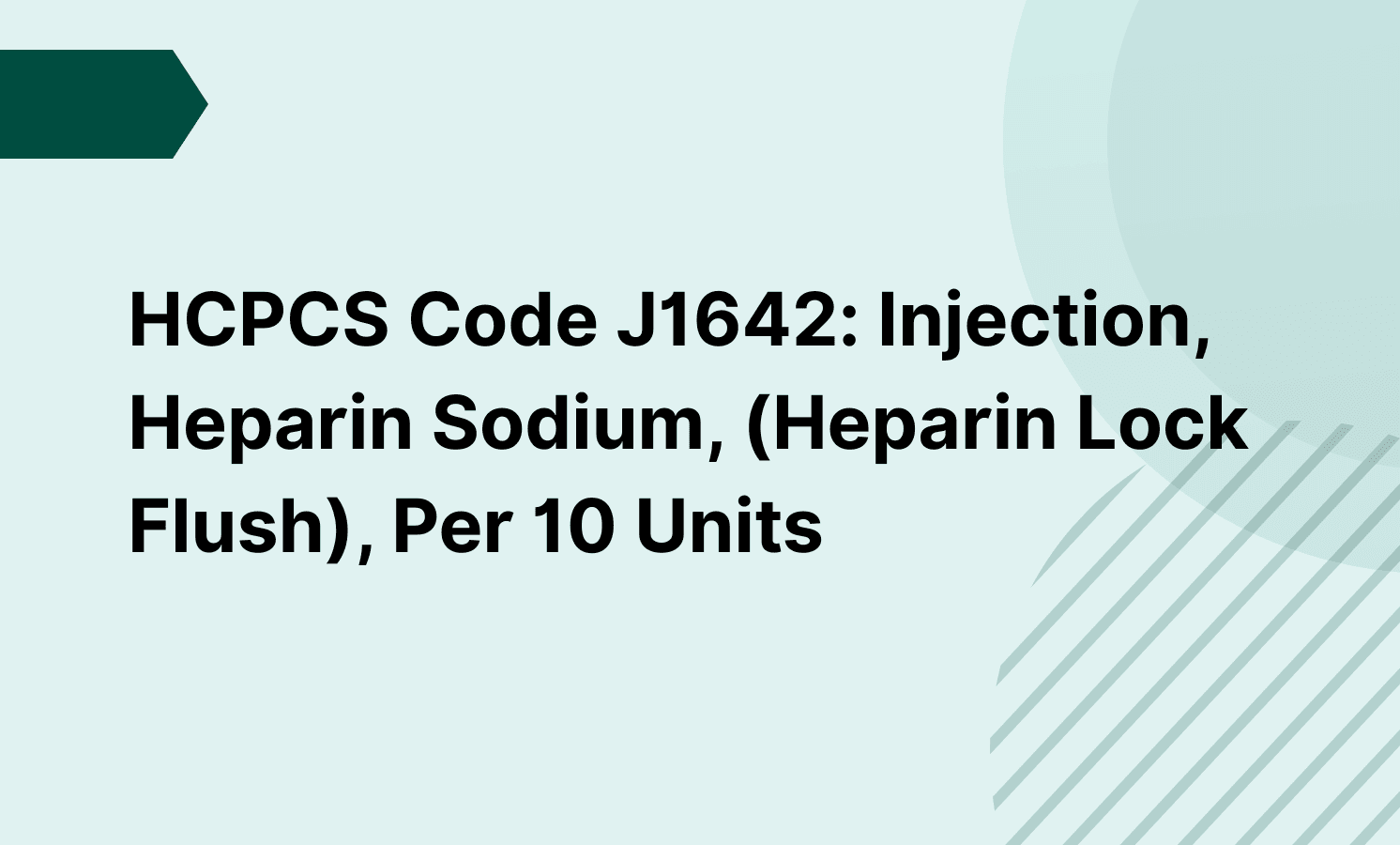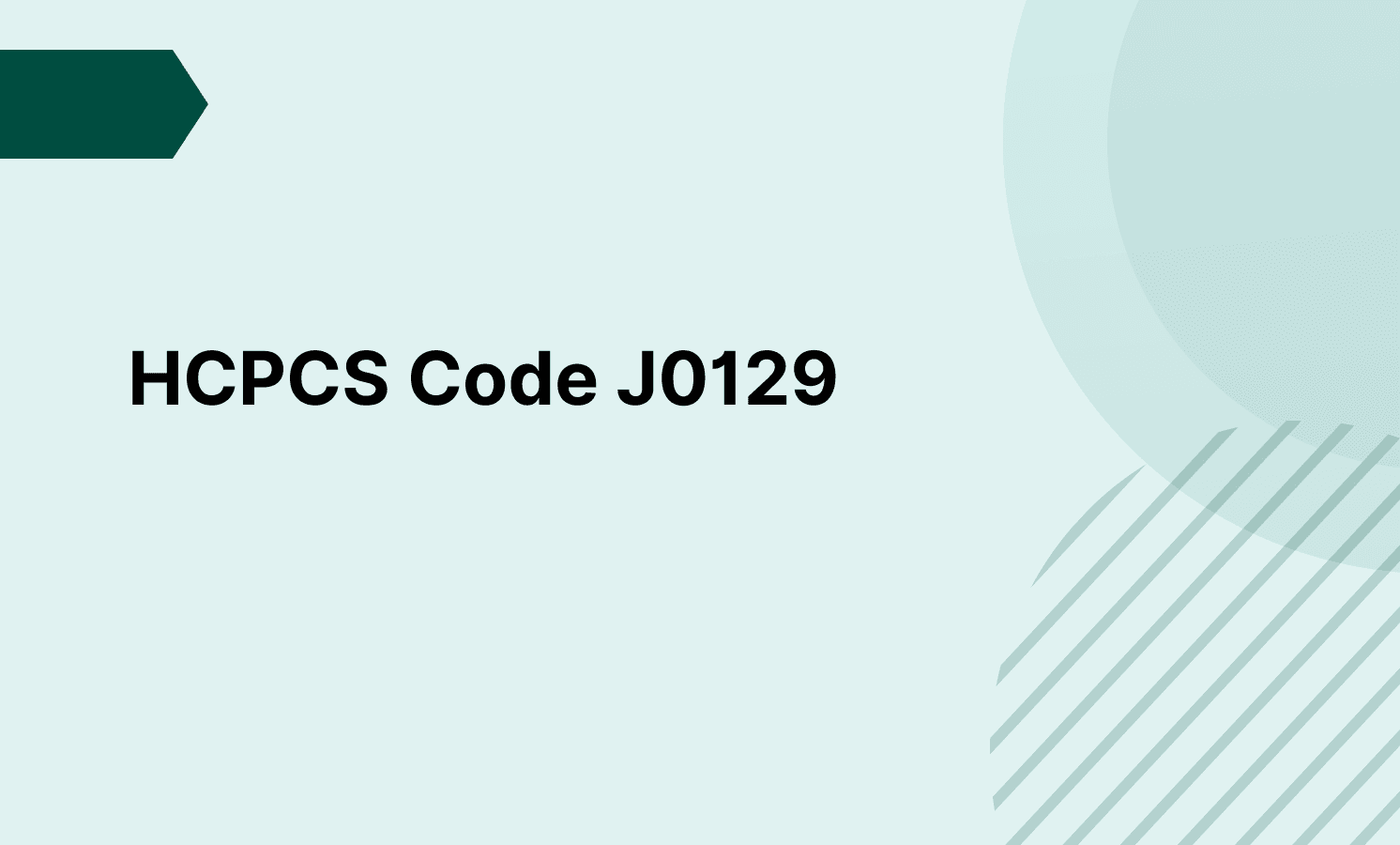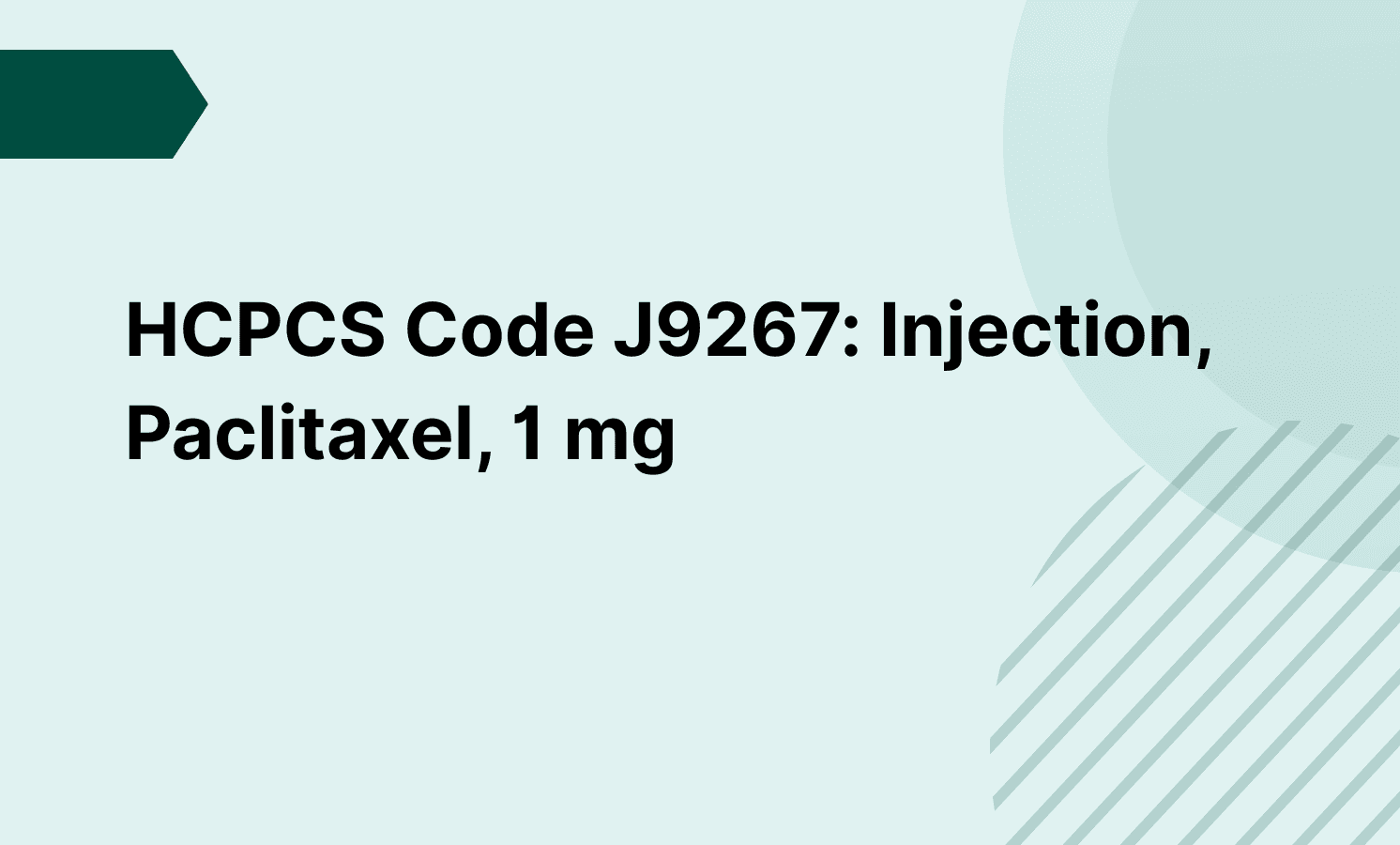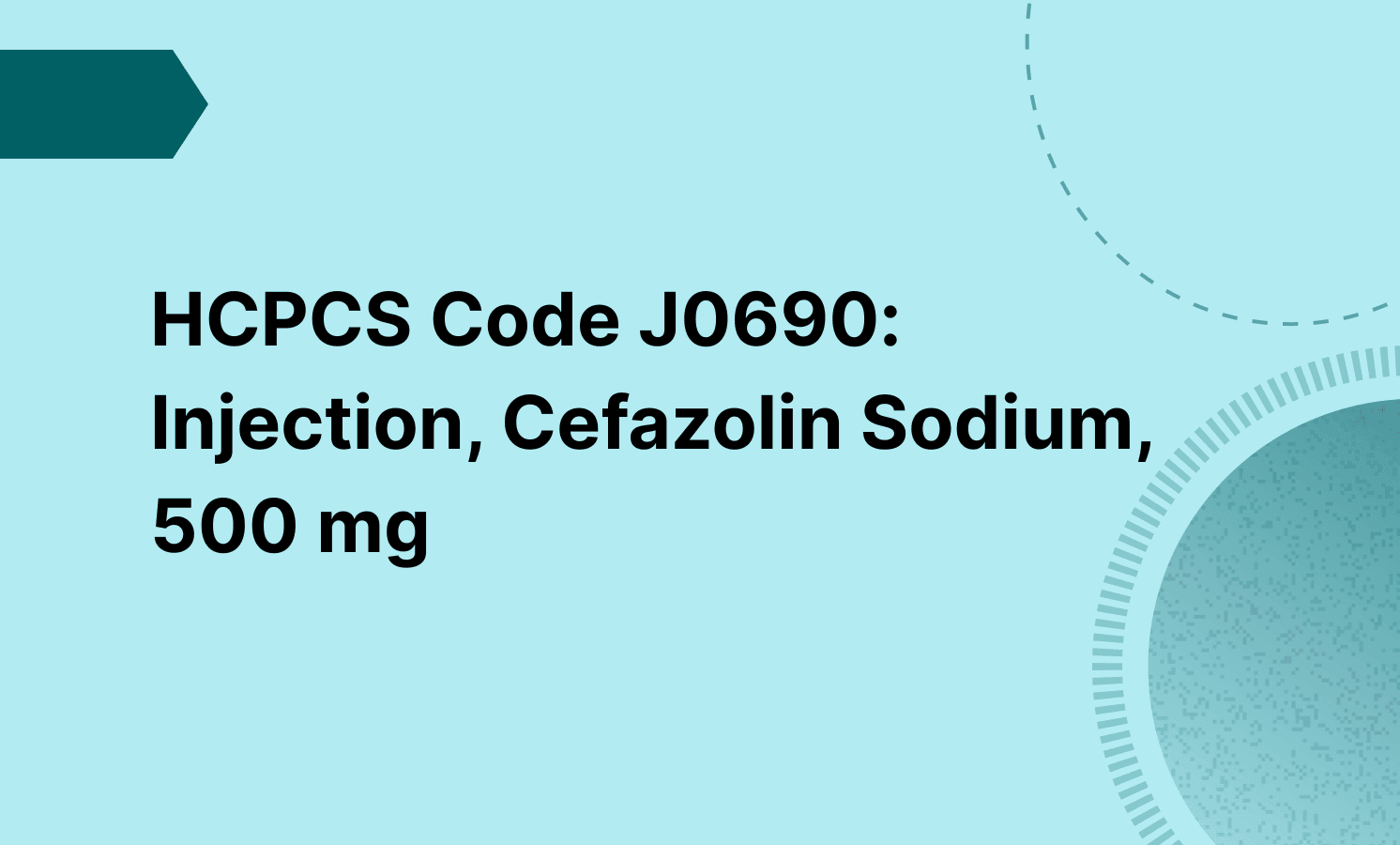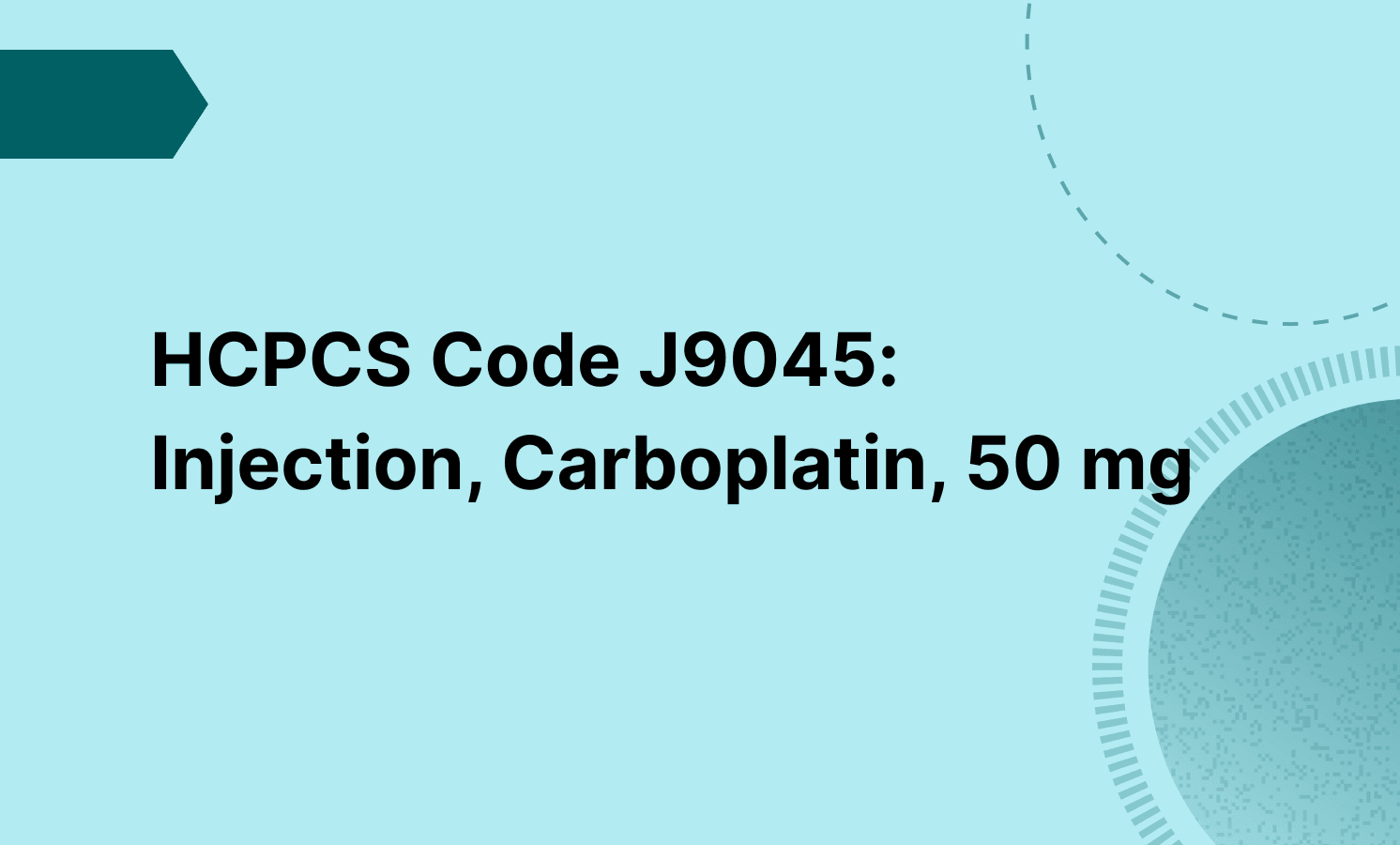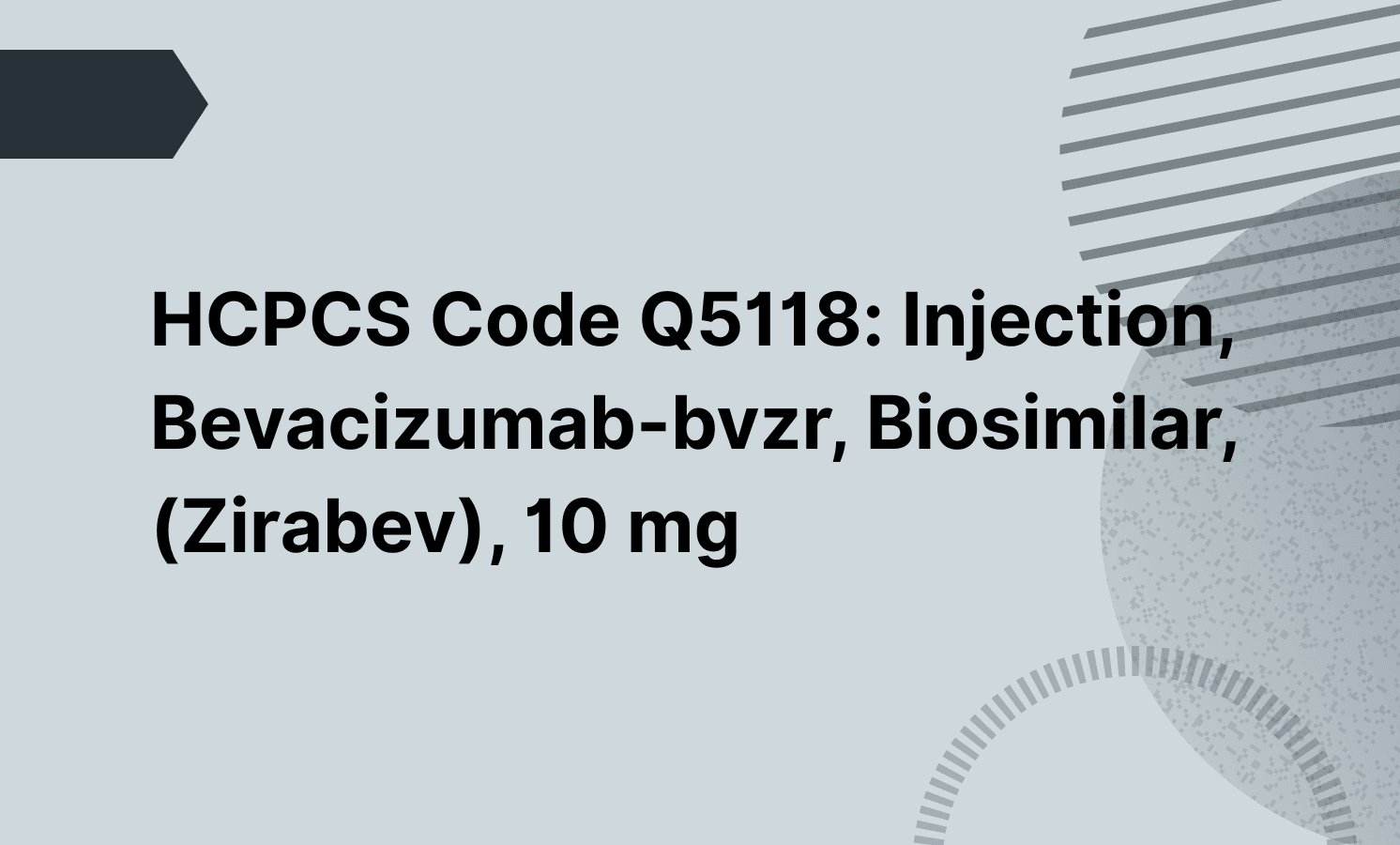CPT 96127 refers to the use of a behavioral assessment scale—such as the PHQ-9 or GAD-7—by qualified health professionals to screen for emotional or behavioral problems. It supports early identification of mental health concerns, helping to improve patient outcomes through timely further evaluation and treatment planning.
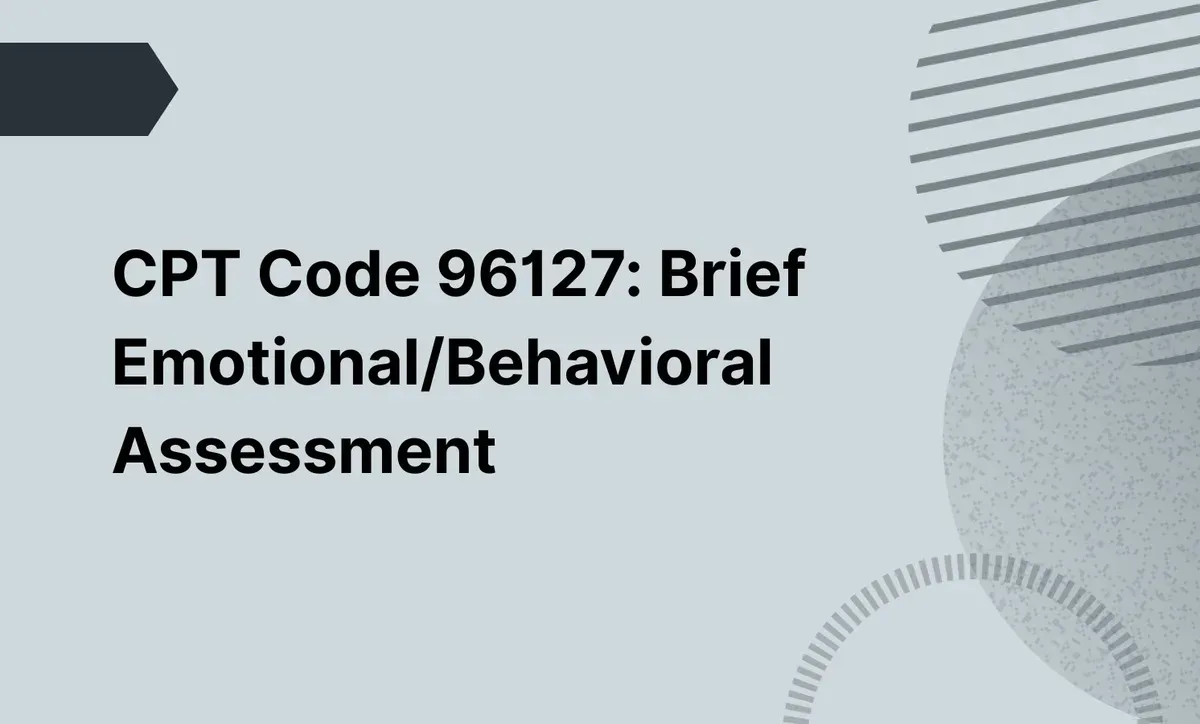
CPT Code 96127: Brief Emotional/Behavioral Assessment
Read about CPT code 96127 for brief emotional and behavioral assessments, including billing guidelines, documentation tips, and mental health screening use.
Frequently asked questions
A brief emotional behavioral assessment is a standardized screening conducted using validated tools to evaluate symptoms of depression, anxiety, ADHD, or other conditions. These behavioral health assessments are typically brief and used in mental health practices or primary care to guide clinical decisions and document findings in the medical record.
The most common diagnosis code linked to CPT 96127 is Z13.89 – Encounter for screening for other disorder, used when the assessment is part of routine screening. Other codes may apply if the screening supports diagnosis or management of a confirmed behavioral health condition requiring further evaluation apart from assessments like a patient health questionnaire.
EHR and practice management software
Get started for free
*No credit card required
Free
$0/usd
Unlimited clients
Telehealth
1GB of storage
Client portal text
Automated billing and online payments

